Recombinant Qbeta virus Capsid protein
In Stock-
中文名稱:Recombinant Qbeta virus Capsid protein
-
貨號:CSB-EP886842ELC
-
規格:¥2328
-
圖片:
-
其他:
產品詳情
-
純度:Greater than 95% as determined by SDS-PAGE.
-
生物活性:Not Test
-
基因名:N/A
-
Uniprot No.:
-
別名:CP;Coat protein
-
種屬:Qbeta virus (strain MX1)
-
蛋白長度:Full Length of Mature Protein
-
來源:E.coli
-
分子量:21.0 kDa
-
表達區域:2-133aa
-
氨基酸序列AKLQAITLSGIGKNGDVTLNLNPRGVNPTNGVAALSEAGAVPALEKRVTISVSQPSRNRKNYKVQVKIQNPTSCTASGTCDPSVTRSAYADVTFSFTQYSTDEERALVRTELKALLADPMLIDAIDNLNPAY
Note: The complete sequence may include tag sequence, target protein sequence, linker sequence and extra sequence that is translated with the protein sequence for the purpose(s) of secretion, stability, solubility, etc.
If the exact amino acid sequence of this recombinant protein is critical to your application, please explicitly request the full and complete sequence of this protein before ordering. -
蛋白標簽:C-terminal 6xHis-tagged
-
產品提供形式:Liquid or Lyophilized powder
Note: We will preferentially ship the format that we have in stock, however, if you have any special requirement for the format, please remark your requirement when placing the order, we will prepare according to your demand. -
緩沖液:If the delivery form is liquid, the default storage buffer is Tris/PBS-based buffer, 5%-50% glycerol. If the delivery form is lyophilized powder, the buffer before lyophilization is Tris/PBS-based buffer, 6% Trehalose.
-
復溶:We recommend that this vial be briefly centrifuged prior to opening to bring the contents to the bottom. Please reconstitute protein in deionized sterile water to a concentration of 0.1-1.0 mg/mL.We recommend to add 5-50% of glycerol (final concentration) and aliquot for long-term storage at -20℃/-80℃. Our default final concentration of glycerol is 50%. Customers could use it as reference.
-
儲存條件:Store at -20°C/-80°C upon receipt, aliquoting is necessary for mutiple use. Avoid repeated freeze-thaw cycles.
-
保質期:The shelf life is related to many factors, storage state, buffer ingredients, storage temperature and the stability of the protein itself.
Generally, the shelf life of liquid form is 6 months at -20°C/-80°C. The shelf life of lyophilized form is 12 months at -20°C/-80°C. -
貨期:3-7 business days
-
注意事項:Repeated freezing and thawing is not recommended. Store working aliquots at 4℃ for up to one week.
-
Datasheet & COA:Please contact us to get it.
相關產品
靶點詳情
-
功能:Capsid protein self-assembles to form an icosahedral capsid with a T=3 symmetry, about 26 nm in diameter, and consisting of 89 capsid proteins dimers (178 capsid proteins). Involved in viral genome encapsidation through the interaction between a capsid protein dimer and the multiple packaging signals present in the RNA genome. Binding of the capsid proteins to the viral RNA induces a conformational change required for efficient T=3 shell formation. The capsid contains also 1 copy of the A2 maturation protein.; Acts as a translational repressor of viral replicase synthesis late in infection. This latter function is the result of capsid protein interaction with an RNA hairpin which contains the replicase ribosome-binding site.
-
亞細胞定位:Virion.
-
數據庫鏈接:
KEGG: vg:1261502
Most popular with customers
-
Recombinant Human Mesothelin (MSLN), partial (Active)
Express system: Mammalian cell
Species: Homo sapiens (Human)
-
Recombinant Human Signal transducer CD24 (CD24)-Nanoparticle (Active)
Express system: Mammalian cell
Species: Homo sapiens (Human)
-
Recombinant Human Angiopoietin-2 (ANGPT2) (Active)
Express system: Mammalian cell
Species: Homo sapiens (Human)
-
Recombinant Human G-protein coupled receptor family C group 5 member D (GPRC5D)-VLPs (Active)
Express system: Mammalian cell
Species: Homo sapiens (Human)
-
Recombinant Rat Intestinal-type alkaline phosphatase 1 (Alpi) (Active)
Express system: Mammalian cell
Species: Rattus norvegicus (Rat)
-
Recombinant Mouse Tyrosine-protein kinase Mer (Mertk), partial (Active)
Express system: Mammalian cell
Species: Mus musculus (Mouse)
-
Express system: Mammalian cell
Species: Homo sapiens (Human)
-
Recombinant Human Dickkopf-related protein 1 (DKK1) (Active)
Express system: Mammalian cell
Species: Homo sapiens (Human)

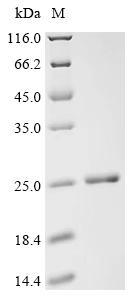

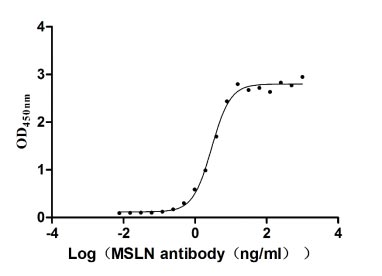
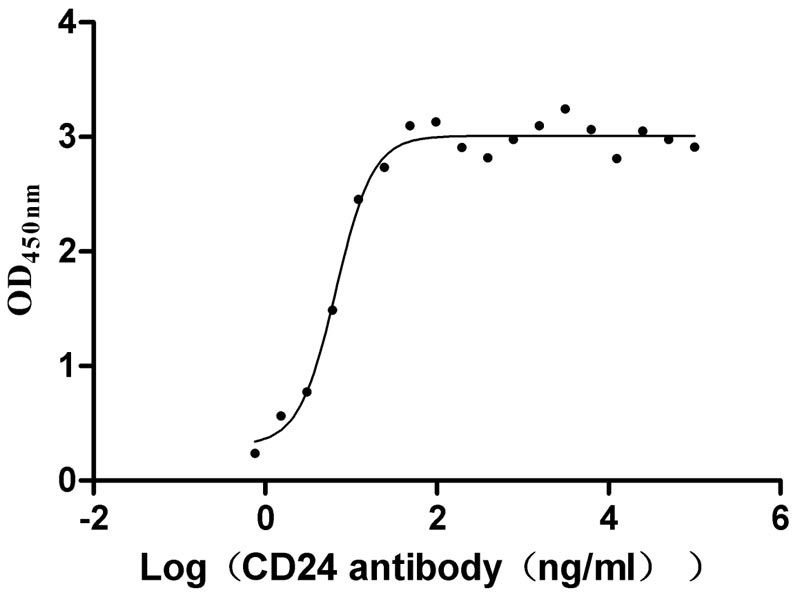
-AC1.jpg)
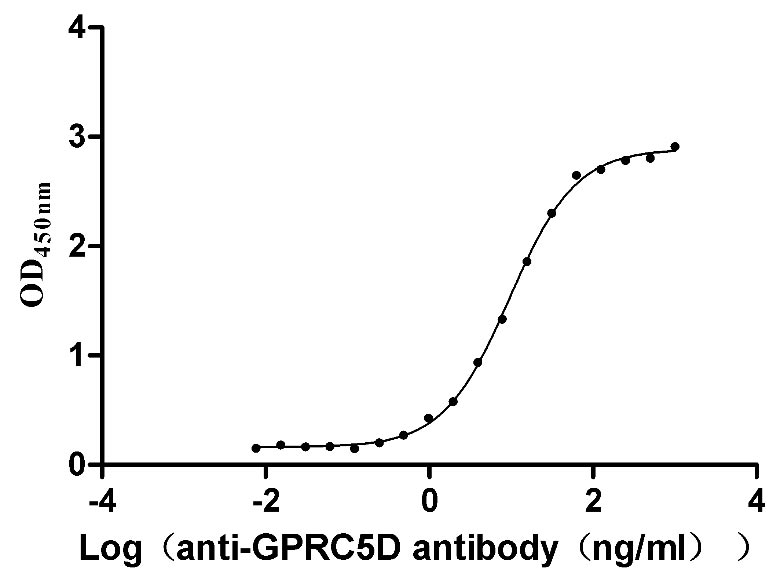

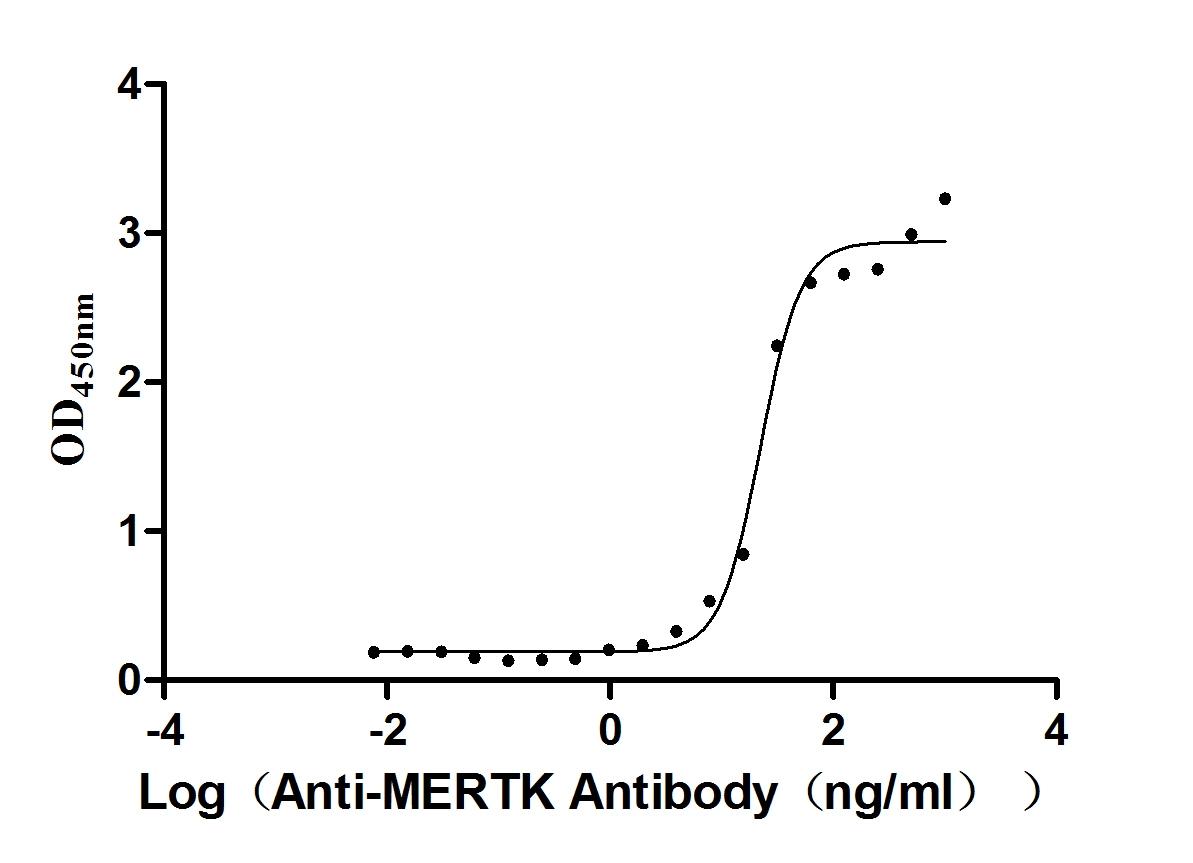
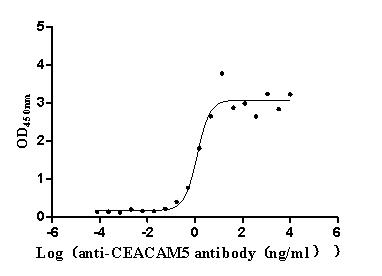
-AC1.jpg)









